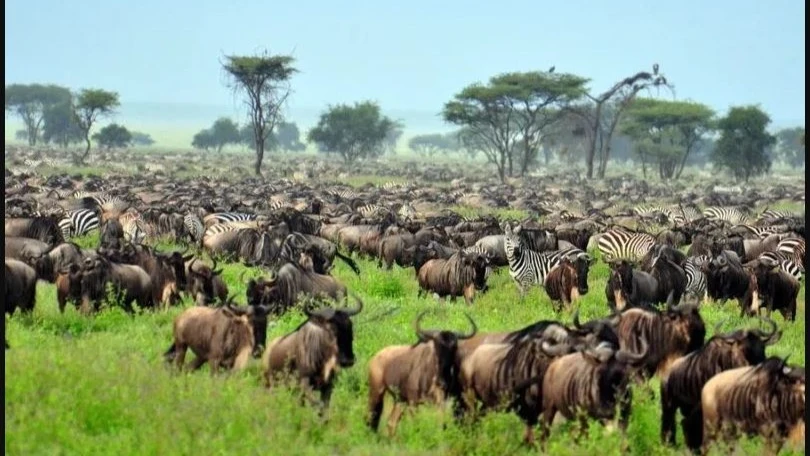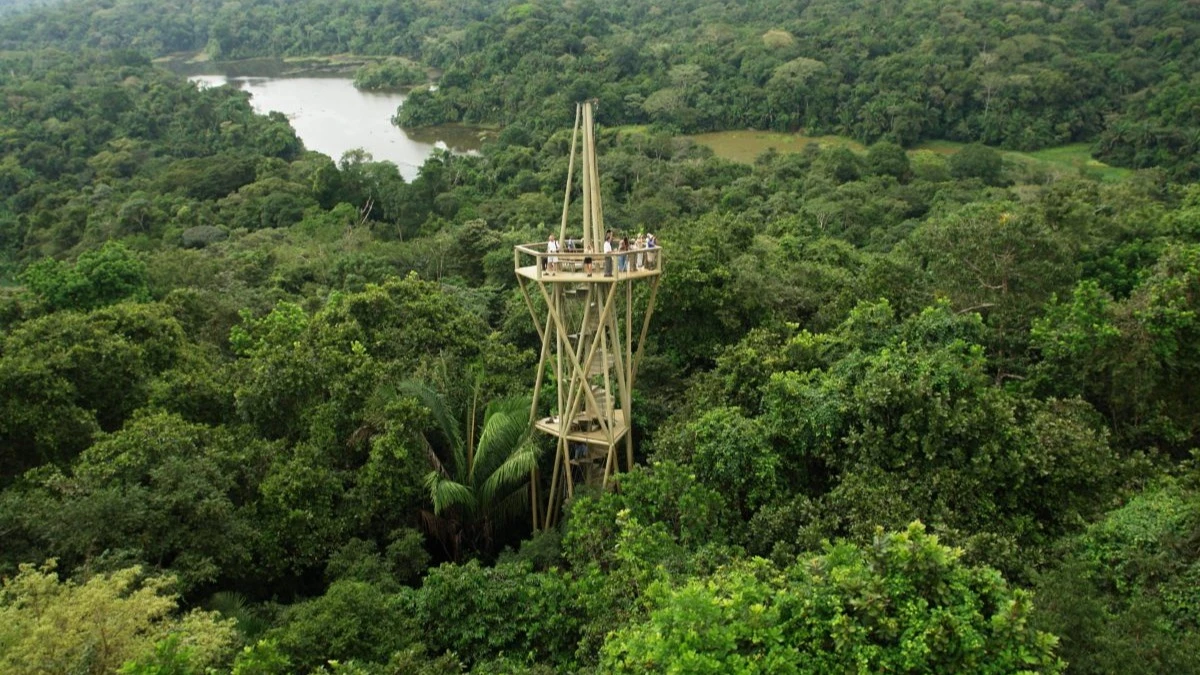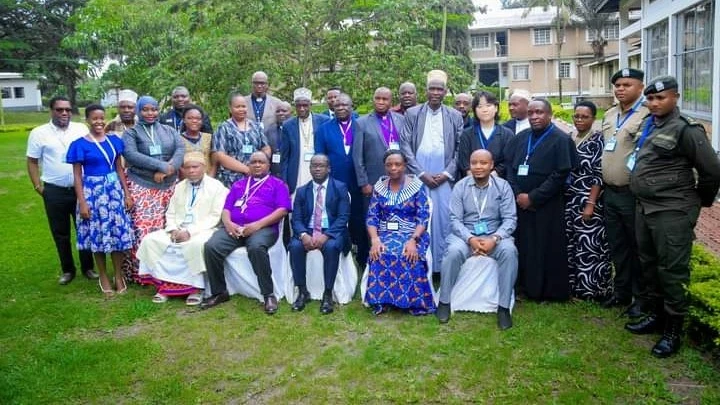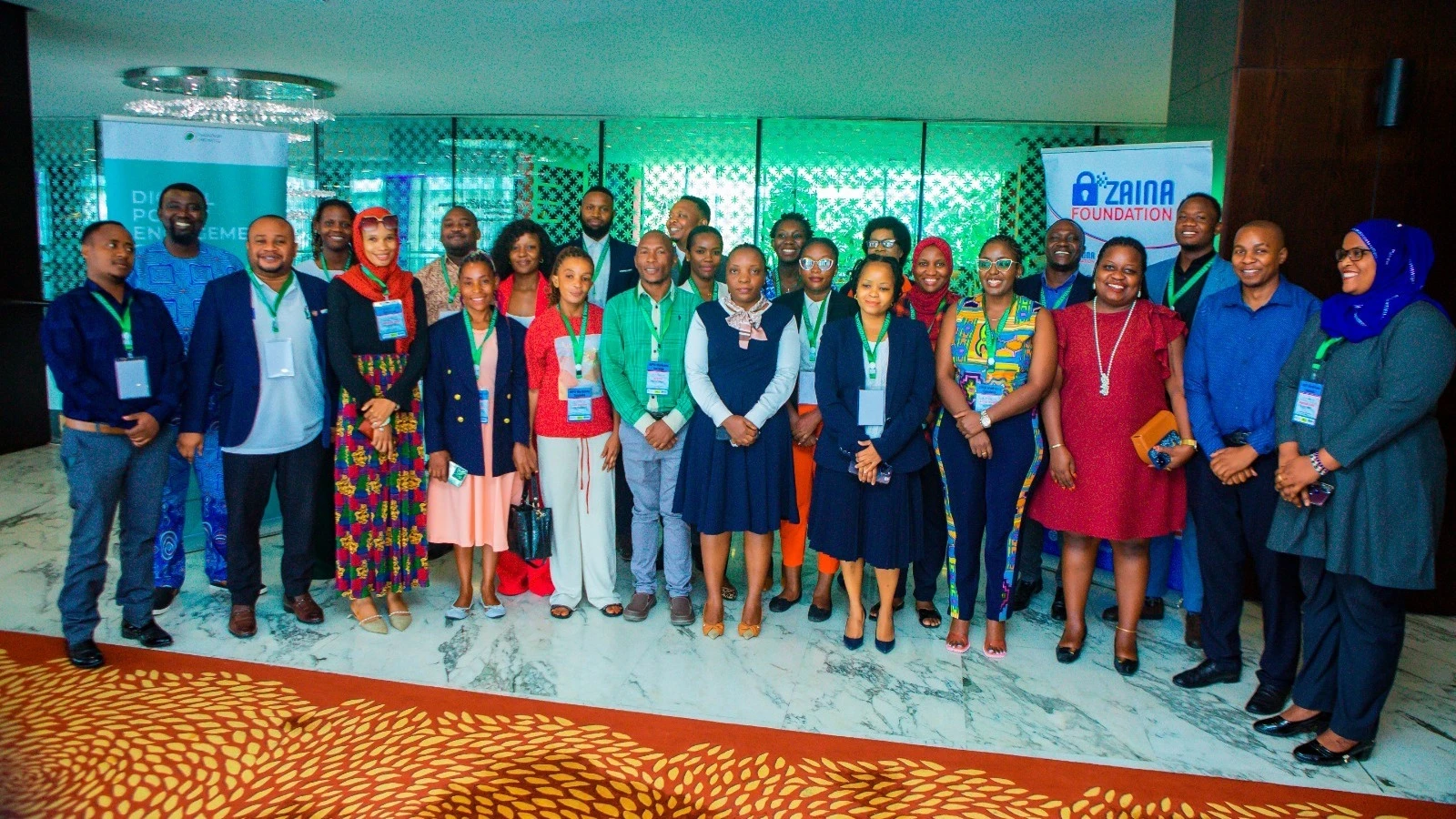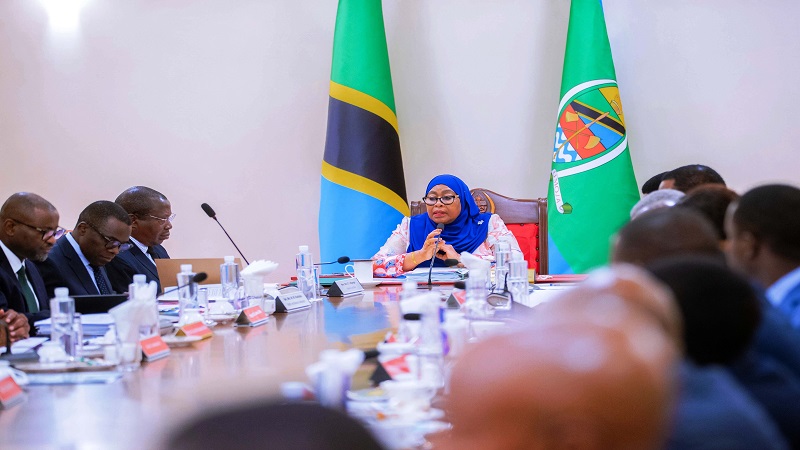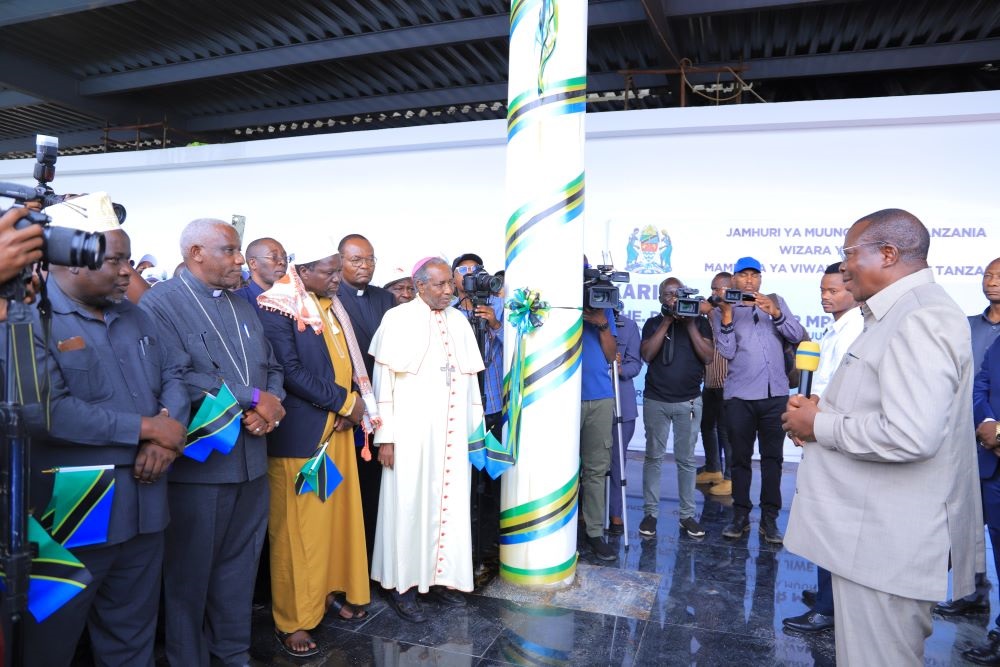Herders in Manyara now get into farming
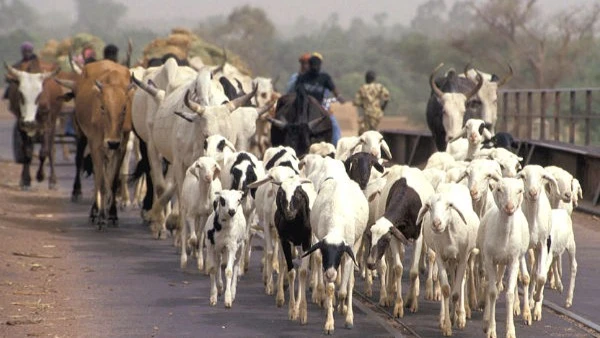
SOME pastoralists in Simanjiro and Babati districts, Manyara Region have ventured into farming alongside cattle rearing, having been involved in agricultural activities for the past 20 years.
Speaking to reporters in Orkirung'urung'u village, Simanjiro District, they shared how various training programmes have led them to take irrigation seriously.
Mathayo Olonyoki, a pastoralist from the village who transitioned into farming, said that due to the training they received from the Agricultural Markets Development Trust (AMDT) and its partners, they now view farming and cattle keeping equally.
"We no longer allow cattle to enter farms, and if crops are damaged, the agricultural officer assesses the loss and ensures that the farmer is compensated," Olonyoki said.
Olonyoki, who has been involved in irrigation farming for over 20 years, noted significant achievements, including paying university fees for his children, building new houses, and increasing his income.
Initially, he struggled with poor rainfall and a lack of knowledge about modern farming practices and climate-smart agriculture. After receiving training from BEULA Seed Company, he became a contract farmer for the firm.
Meanwhile, farmers engaged in drip irrigation in Gedamar village, Babati district, Manyara region, reported an increase in harvests from 1 bag to 4 bags per acre.
Dodo Matambo, a beneficiary, said that drip irrigation has completely transformed his economic life. "In the past, even two meals were difficult for my family. Irrigation farming pays well, and I have been educating fellow farmers about its benefits," he said.
Matambo noted that many farmers who previously struggled with drought have switched to irrigation farming, allowing them to plant and harvest more than three times a year.
Fatuma Idd, a mung bean farmer in the same village, said the training has helped improve farming practices and increased their yields.
Delta Shila, Monitoring and Results Measurement Officer at AMDT, said the organization is spearheading a transformative project called the "Inclusive Resilient and Sustainable Seed System for Productive Farmers," under the broader "Vision for Adaptive Crops and Soils" (VACS) project funded by Feed the Future.
The project is being implemented in four regions: Arusha, Dodoma, Kilimanjaro, and Manyara. It aims to meet the specific needs of farmers growing mung beans, cowpeas, and pigeon peas in the northern and central zones of Tanzania.
The initiative focuses on creating demand and awareness through demo plots, field days, and strengthening connections between farmers and off-takers.
Shila mentioned that between June and September this year, they reached over 600 farmers in these regions, providing training on modern farming practices and the use of certified seeds.
"We emphasize the use of quality seeds to increase production and improve farmers' livelihoods," he said, adding that education on irrigation technology will enable farmers to produce year-round.
Top Headlines
© 2024 IPPMEDIA.COM. ALL RIGHTS RESERVED









